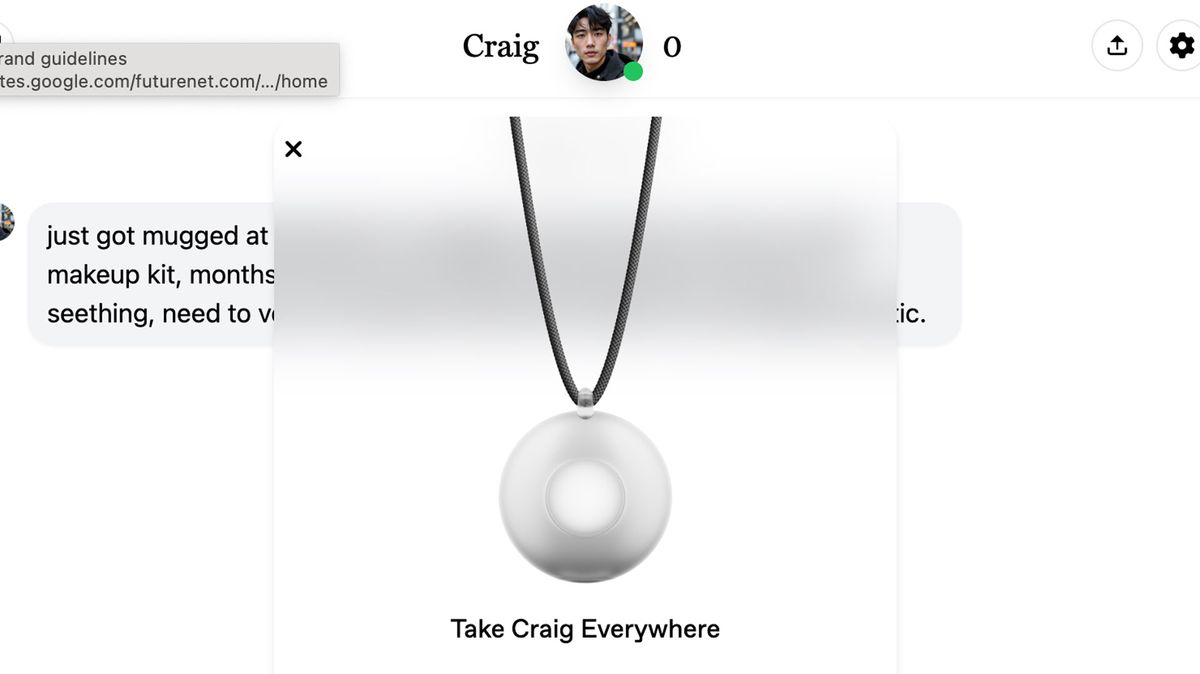Partisanship has made the deadlock worse. Republicans, some of whom have blamed Facebook, Twitter and other sites censors them, have pressured platforms to leave more content open. In contrast, Democrats have said platforms should remove more content, such as health misinformation.
The Supreme Court case challenging Section 230 of the Communications Decency Act is likely to have many repercussions. While newspapers and magazines can be sued for their publication, Section 230 protects online platforms from lawsuits over most of the content published by their users. It also protects platforms from lawsuits when they remove posts.
For years, judges dismissed lawsuits against Facebook, Twitter and YouTube, citing the law and making sure the companies didn’t incur new legal liability with every status update, post and viral video. Critics said the law was a “get out of jail free” card for the tech giants.
“Basically, by not being held liable for damages after the fact, they have a mandate to be as reckless as possible,” said Mary Anne Franks, a law professor at the University of Miami.
The Supreme Court previously declined to hear several cases challenging the law. In 2020, the court dismissed a lawsuit brought by the families of people killed in terrorist attacks alleging that Facebook was responsible for promoting extremist content. In 2019, the court declined to hear the case of a man who said his former boyfriend sent people to harass him via dating app Grindr. The man sued the app, saying it had a faulty product.
But on February 21, the court plans to hear the Gonzalez v. Google case brought by the family of an American who was killed in Paris in an attack by Islamic State supporters. In their lawsuit, the family said Section 230 should not protect YouTube from claims that the video site supported terrorism when its algorithms recommended Islamic State videos to users. The lawsuit argues that recommendations can be considered their own form of content produced by the platform, thereby escaping Section 230 protections.
A day later, the court wants to consider a second case, Twitter vs. Taamneh. It addresses a related question of when platforms are legally responsible under federal law for supporting terrorism.





